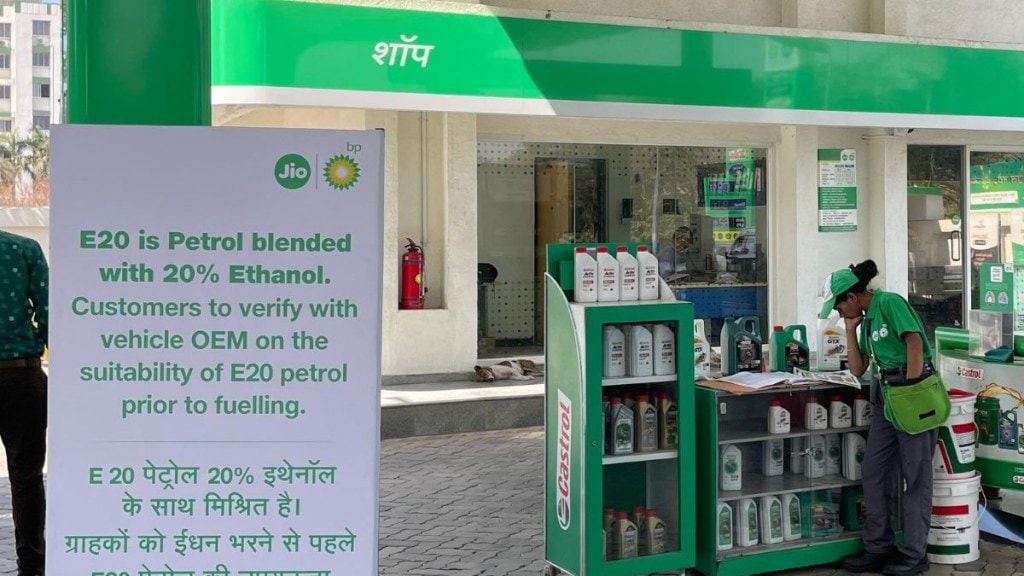The Ministry of Petroleum and Natural Gas (MoPNG) has pushed for the ethanol-blended petrol programme to cut emissions and reduce pollution. While several car owners flagged concerns for their old vehicles and damage it may cause to the engines, the government busted these worries and said, “These concerns, however, are largely unfounded and not supported by scientific evidence or expert analysis.”
What is ethanol blending?
Ethanol-blended petrol or E20 is obtained when the biofuel obtained from plant sources is mixed with gasoline (petrol). It is aimed at creating a more sustainable fuel that reduces emissions. As per the MoPNG, studies have found that this fuel blend showed statistically different power and torque generated by existing engine designs. Citing the Automotive Research Association of India (ARAI), Indian Institute of Petroleum (IIP) and Indian Oil Corporation (R&D), the ministry confirmed that “legacy vehicles also showed no significant variations, performance issues or abnormal wear-and-tear when operated with E20.”
Concerns addressed: From fuel efficiency to environmental concerns
Fuel efficiency
Ethanol has a lower energy density than petrol. This causes a slight drop in mileage, about 1–2% for vehicles designed for E10 and tuned for E20, and 3–6% in others. However, this can be reduced, claimed MoPNG. With better engine tuning and E20-compatible materials, many automakers have already implemented the use of E20 petrol. Society of Indian Automobile Manufacturers (SIAM) also confirmed that E20-compliant vehicles began rolling out in April 2023, debunking claims of a major efficiency drop.
Engine corrosion
Addressing the safety standard for E20, the fuel includes corrosion inhibitors and compatible fuel system material which follow and adhere to Automotive industry specifications. However, the government also advised the replacement of rubber parts or gaskets in older vehicles with strenuous usage.
Care for environment
Ethanol, as a biofuel, reduces the share of petrol-based CO2 emissions. Obtained from plant-based sources, its production has been rapidly increased with the held of sugarcane residue. “This makes ethanol blending not only technically viable, but environmentally sustainable as well,” said the government. A study revealed that the use of sugarcane and maize-based ethanol reduces cycle emissions by 65% and 50% respectively.
Government lists benefits of Ethanol-blended petrol (E20)
Ethanol has a higher octane rating than petrol, making blends like E20 ideal for modern high-compression engines, improving performance and ride quality. It also cools the intake better, boosting engine efficiency.
E20 blending enhances India’s energy security by cutting crude oil imports and saving over Rs 1.4 lakh crore since 2014-15. It has also benefited farmers with Rs 1.2 lakh crore in payments and helped reduce CO2 emissions by 700 lakh tonnes.
Opposing the narrative that ethanol-blending in petrol harms vehicles was called unreal and that it lacked technical foundation. Terming it as “forward-looking, scientifically supported, and environmentally responsible,” the government eagerly supported the initiative.

